Study in Canada or Study in New Zealand - Which one is better?
WHERE DO I STUDY? CANADA OR NEW ZEALAND?

WHERE DO I STUDY? CANADA OR NEW ZEALAND?
In New Zealand, the education system integrates creativity, proven innovation principles, and a fresh perspective in creating citizens and leaders for the 21st century. New Zealand’s education system is student-centered. It majorly focuses on helping students in innovation, working with others, creativity, and problem-solving. A huge and variety of pathways are available for students to develop their potential. Though not having the largest education system (only 8 universities are available in New Zealand), the degrees are recognized internationally. On the flip side, Canada is a world’s leading study destination and stands as a great option for students that seek to study in elite universities. Now, we will see the difference between studying in these two countries
Period of Terms:
In New Zealand, the academic year begins in February and there are only two semesters per year. One starting from February to June and the other one from July to November. Postgraduate students can begin their degree in either semester. Few professional courses are only available to start in February (1st semester) whereas Master courses are available to start in either semester. In Canada, the semester system is followed by most universities. Semester usually runs from early September to the end of April or early May. Full trimesters systems, are followed by few universities, provide full courses. The winter session consists of two terms, one starting from September to December and the other one from January to April
Duration of Programs:
In Canada, three levels of degrees are followed by most universities. Three levels of degrees are Bachelor’s degree, Master’s degree, and Doctorate. The Bachelor’s degree can be gained by studying for four years and an additional two years of study is required to get a Master’s degree. A doctorate takes an additional three years of study. In New Zealand, a Bachelor's degree can be gained by pursuing a 3-year Engineering course or a 4-year Engineering course. Colleges also offer diplomas in addition to the Engineering degree. Students' choice in structuring their degree decides their length of course. Masters’ programs last for, generally, 2 years. There are also many opportunities available for students for their postgraduate (Master’s) studies.
University Structure and Organisation:
In New Zealand, students can select a course and study regularly. Universities have grading systems by which grades are given to students every time they attend a test or an exam. The marking system in New Zealand is different from American and Indian universities. Canadian Universities offer four-year undergraduate programs for students to get a Bachelor’s degree. In Canada, a Master 's degree requires two years of study after the first degree. All the universities don't offer advanced degrees. Colleges and universities also give diplomas and certificates for selected programs.
Finding Accommodation:
In New Zealand, plenty of accommodation options are available. Popular accommodation options that are used by students are hall of residence (or hostel), homestay (private board), flatting (independent accommodation). Students studying a short term course find homestay accommodation as an attractive option. In Canada, renting, dormitory, accommodations, homestays are popular options. Students can also avail of private renting but the rates could be quite high depending on the location.
Grading Systems and Assignments:
In New Zealand, the grading systems in universities vary from each other but generally A, A+, A- are the highest grades and F is the lowest. Scoring a D grade or below D is considered a failure. The grades range from A to F. In this, A+, A-, A, B+, B-, B, C+, C-, C are all passing grades. C grade is the lowest passing grade and equals 50%. The failing grades are D, E, F. In Canada, the states in which students are present determine the grading system. Canada follows a grading system similar to the US. The grading has letter A to F, excluding E, where A is the highest grade and F is the fail grade. Students when submitting their assignments get their grades on top of their answer paper.
Cost of Education:
In New Zealand, for undergraduate international students, the tuition fees are around NZ $22,000 - $32,000, which is approximately equal to USD 15,000 - 22,000. Medicines and veterinary science cost the highest in the above-mentioned fees range.
Domestic student fees are subsidized by the government, so they pay around NZ $10,000 - 25,000 per year. In Canada, it costs around CA $30,000 (USD 23,000) for undergraduate programs per year. Master program fees are generally lower and depend on the program chosen. Generally it costs around CA $18,000 (USD 14,000) for international postgraduate students. Expensive courses are Medicine and Engineering in comparison to humanities courses. In Canada, it costs around CA $7,000 (USD 5,200) for business and management courses per year.
If you wish to study abroad, contact Whizstorm for more information.


























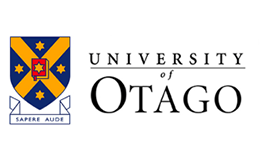





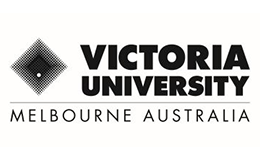




.png)








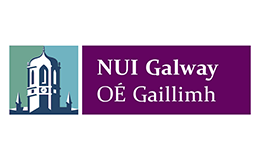
.png)




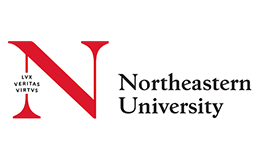

















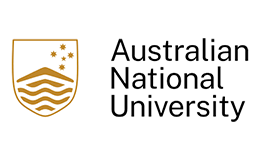

.png)















.png)





